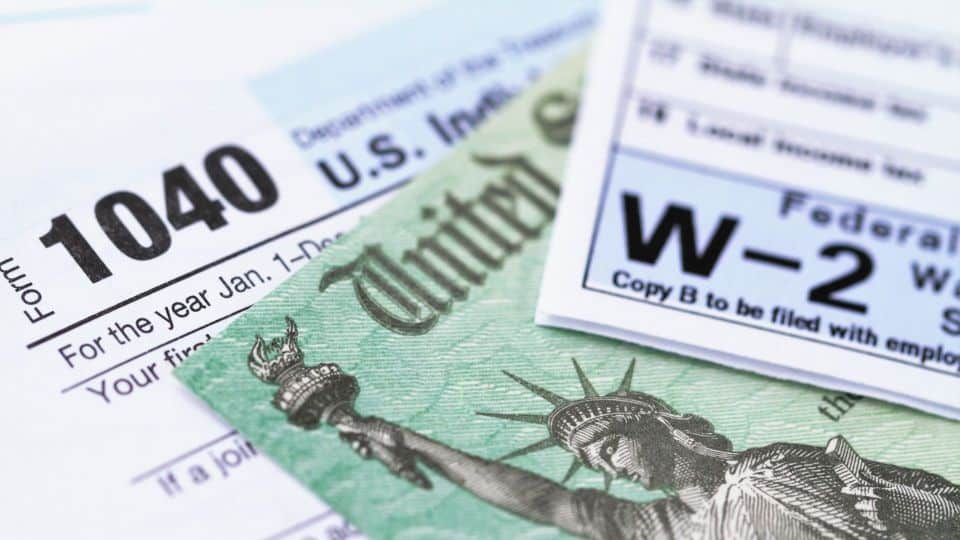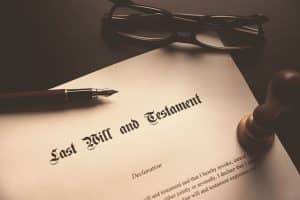In this example, Mom’s entire estate is valued at less than $20,000. This includes a mobile home worth about $12,000, which the children plan to sell.
Would the estate need to report income tax?
Nj.com’s recent article entitled “We are settling an estate. What tax returns do we have to file?” says that there are a few issues to consider.
One is the mother’s Social Security income for 2020. There shouldn’t be any income tax filing requirement, if she didn’t have any other reportable income during that year.
An individual taxpayer with income under $34,000 must recognize up to 50% of the Social Security income. Therefore, in this example, since the mother’s Social Security income was only $20,000, she would have to recognize $10,000 of income.
However, that amount of taxable income is below the individual federal standard deduction of $12,000. As a result, there’d be no requirement to file a federal income tax return for her.
There may be a tax on the Social Security at the state level.
Note that Colorado, Connecticut, Kansas, Minnesota, Missouri, Montana, Nebraska, New Mexico, North Dakota, Rhode Island, Utah, Vermont, and West Virginia impose state income tax on Social Security payments to at least some beneficiaries.
However, there is income on capital gains recognized on the sale of the mobile home, which must be reported on federal and state income tax returns.
The basis of the mobile home would be adjusted to the value of that property as of the mom’s date of death, if she was the sole owner of that asset.
If the mobile home is sold for more than its adjusted basis, the gain would have to be recognized and reported on that excess amount.
However, if the mobile home is sold for an amount equal to its date of death value, then there would be no gain. Used mobile homes are not high demand, so it is likely there would be no gain on the sale.
Reference: nj.com (Feb. 18, 2021) “We are settling an estate. What tax returns do we have to file?”



